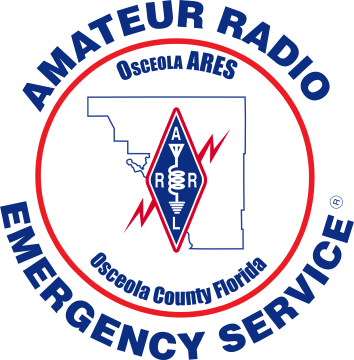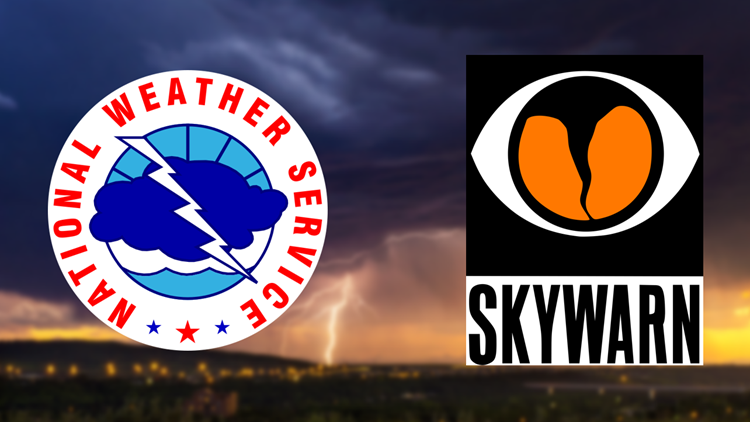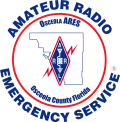A Ham Radio Operator, also known simply as a “ham,” is an individual who holds an amateur radio license, allowing them to legally operate amateur radio equipment. Amateur radio, often referred to as “ham radio,” is a popular hobby and public service activity that involves using designated radio frequencies for non-commercial communications, experimentation, and emergency communication support.
Here are some key aspects of a Ham Radio Operator:
- License: To become a ham radio operator, one must obtain an amateur radio license issued by the relevant government regulatory agency (e.g., the Federal Communications Commission in the United States). Obtaining a license typically involves passing an exam that assesses the applicant’s knowledge of radio regulations, operating procedures, and technical concepts.
- Communication: Ham radio operators use various modes of communication, including voice (AM, FM, SSB), Morse code (CW), digital modes (e.g., PSK31, RTTY), and more. They can communicate locally or with other hams across the globe, often using specialized radio equipment and antennas.
- Experimentation: Hams enjoy experimenting with radio equipment, antennas, and different communication techniques. They can build their own equipment or modify existing devices to explore new aspects of radio communication.
- Public Service: Ham radio operators play a vital role in public service, particularly during emergencies and disasters. They can provide critical communication support when other forms of communication are disrupted or overloaded. This public service role is often coordinated through organizations like Amateur Radio Emergency Services (ARES) and Radio Amateur Civil Emergency Service (RACES).
- International Community: Ham radio creates a unique international community of enthusiasts who can communicate with each other across borders and cultures. This aspect fosters friendships and understanding between people of different backgrounds.
- Licensing Levels: Amateur radio licenses are usually tiered, with different levels granting varying privileges. These privileges can include the ability to use specific frequency bands, higher power levels, and more complex modes of communication.
Ham radio operators come from all walks of life, and the hobby attracts people with diverse interests and technical backgrounds. It is a hobby that combines a passion for radio technology with a commitment to public service and emergency preparedness.


